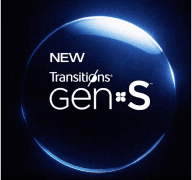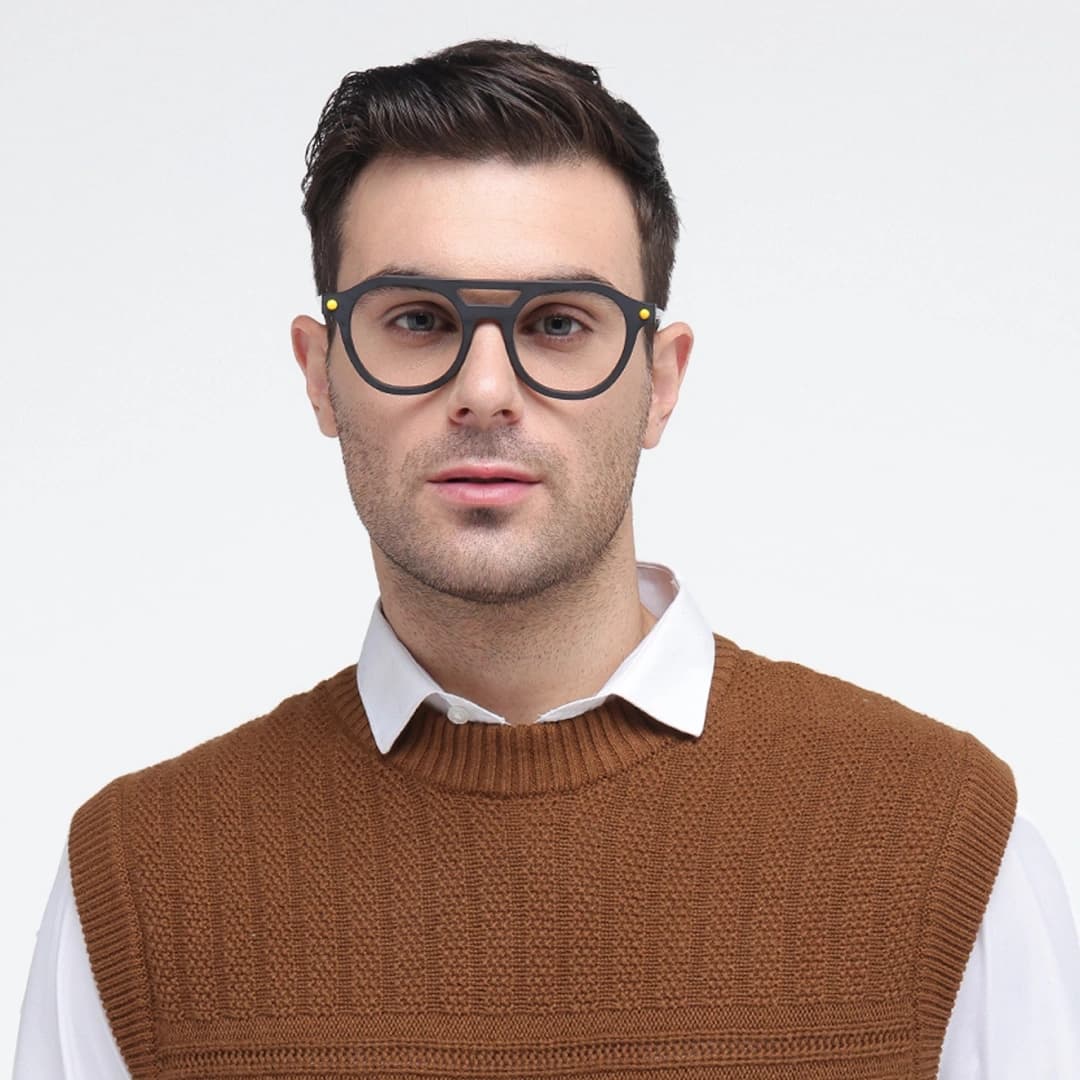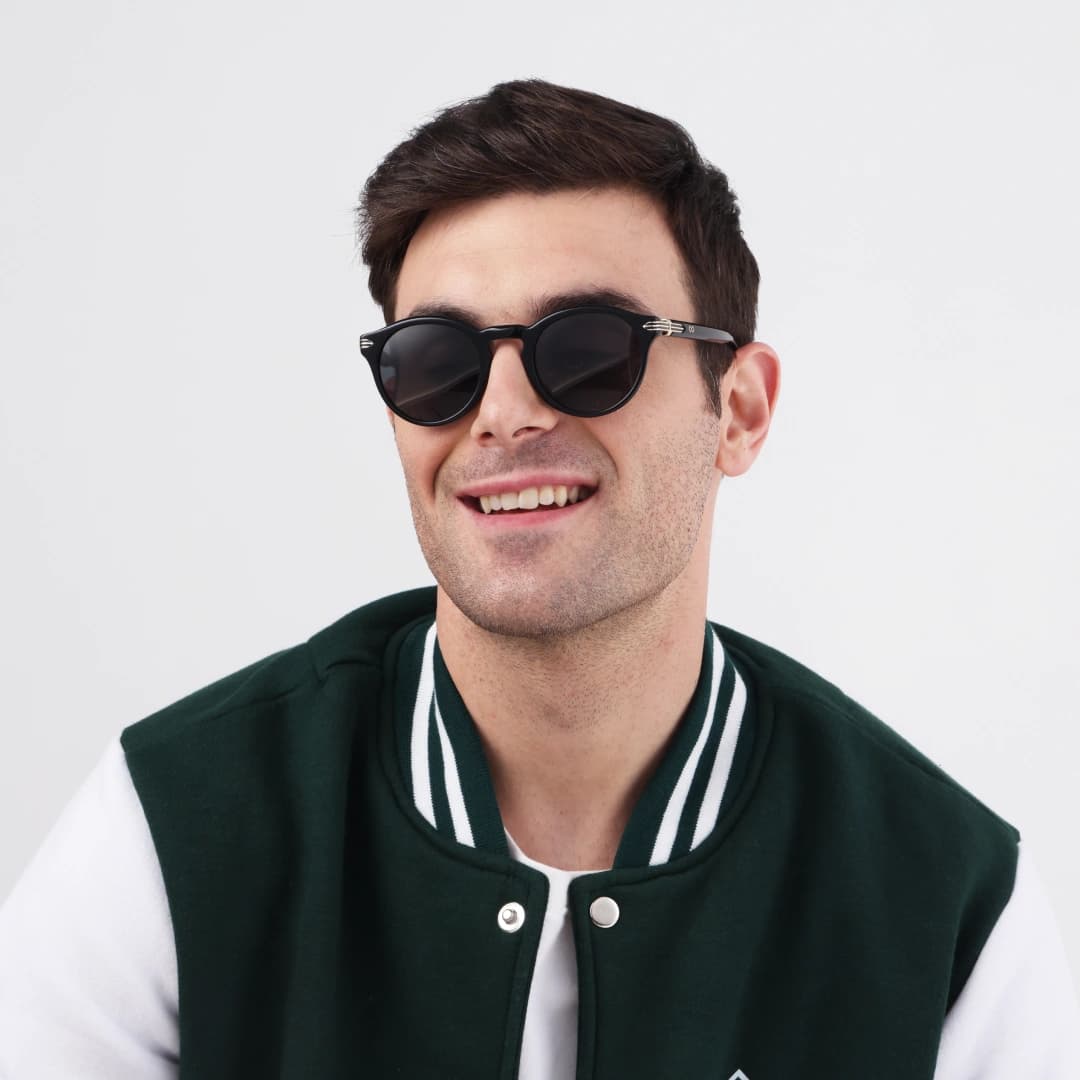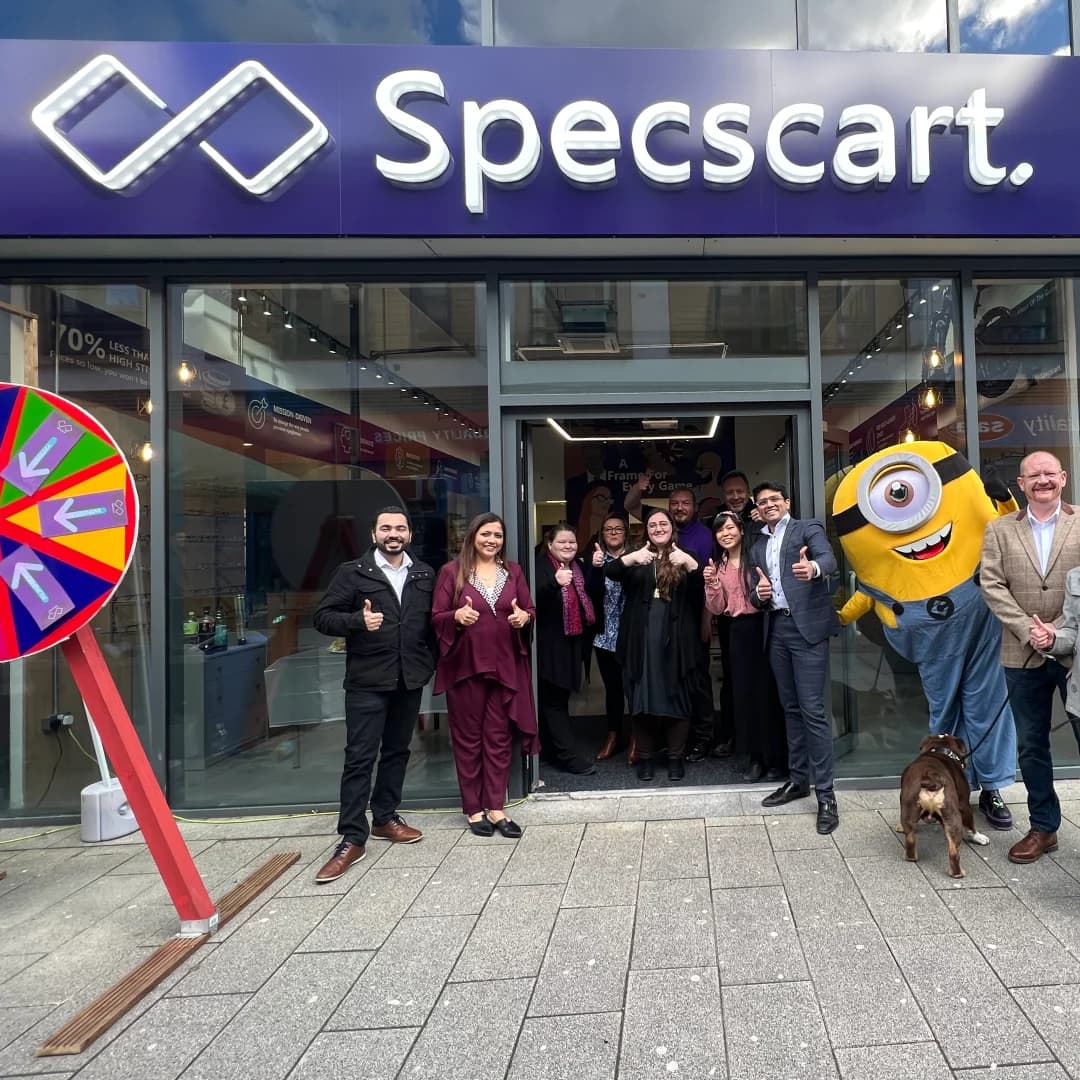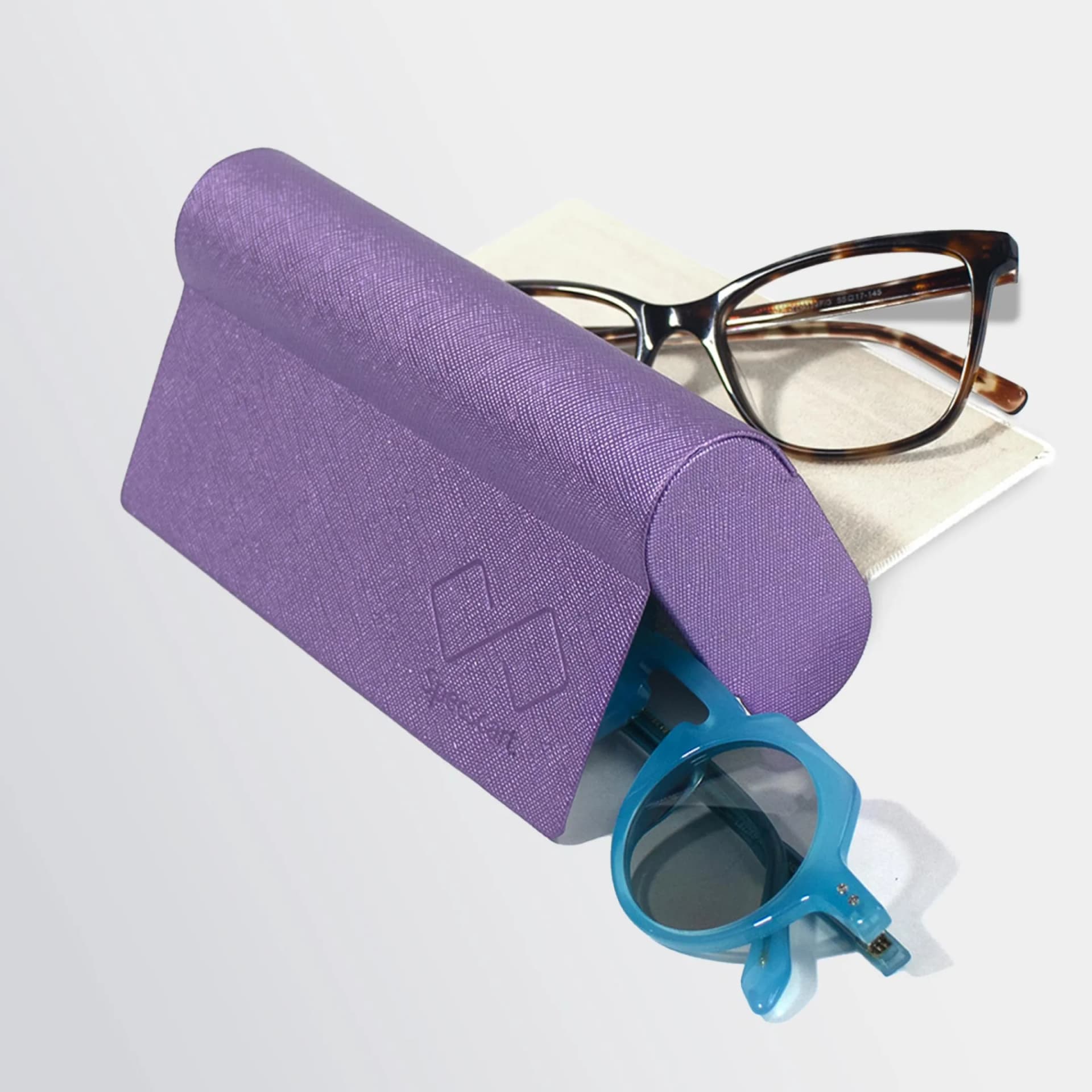The brain is one of the most important organs of our body. Any damage to this organ may affect the balance of the whole body system. People often experience head injuries, where TBI (Traumatic Brain Injury) is very common. Brain injuries can affect our eyesight and cause serious vision problems.
Visual impairment can have an impact on our daily activities like reading, driving, employment, recreational activities, and many more. Depending on the location and seriousness of the injury, TBI can affect parts of our brain involved in visual processing, like the optic nerve tract, cranial nerves, optical lobe, etc. In this blog, let’s understand the same and its effect on our daily lives.
Who Identifies Vision Problems After TBI?
An eye doctor may be the first to identify the problems after a TBI. Doctors who treat eye problems after a brain injury include ophthalmologists and optometrists. Some neuro-optometrists and neuro-ophthalmologists are specially trained for brain vision problems. Therapists or rehabilitation clinicians are also the ones who notice these vision problems after a brain injury.
Common Symptoms Found After TBI
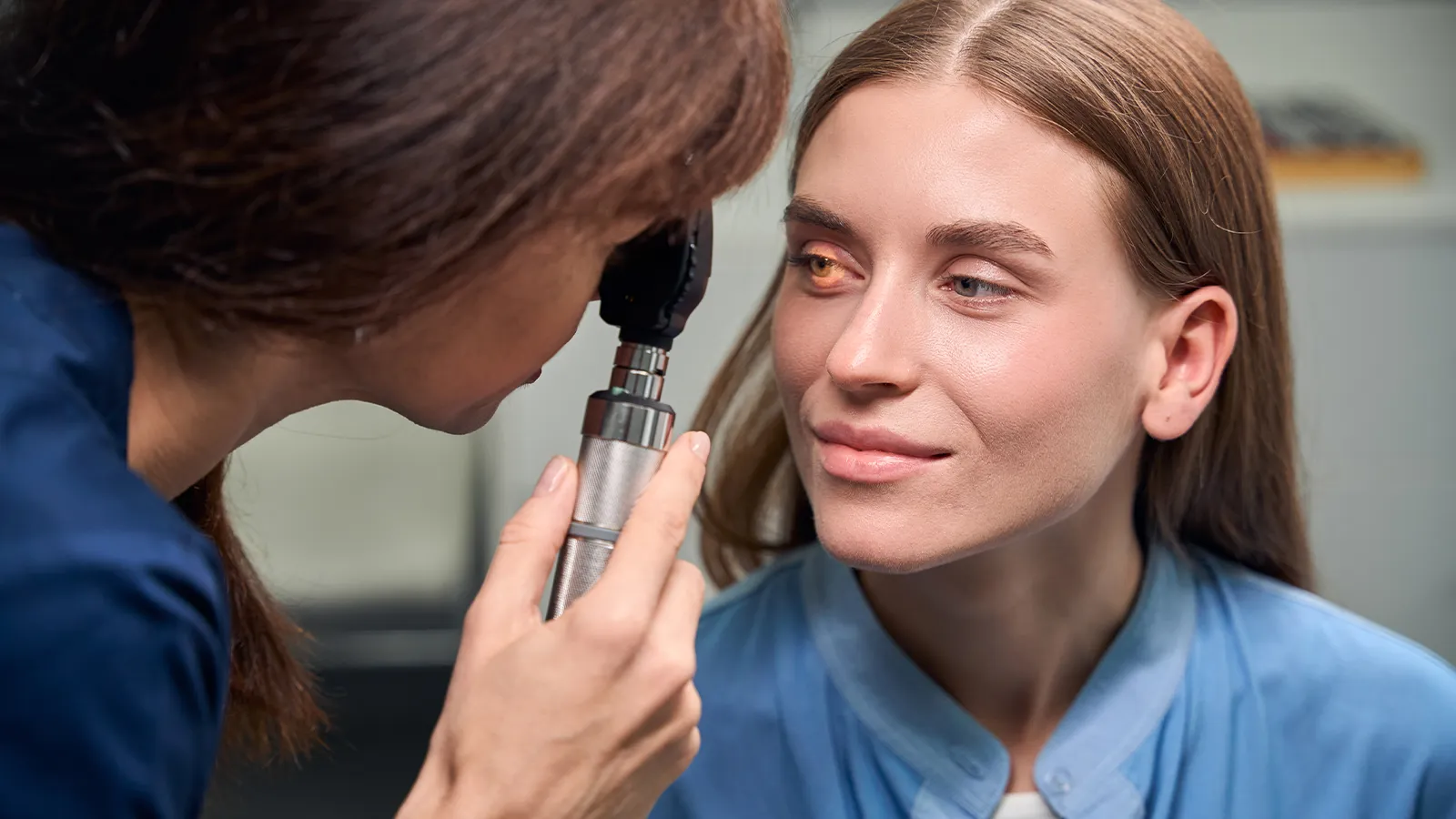
Various vision problems are caused during the recovery from a TBI. Some of the common symptoms include-
Headache
Confusion
Lightheadedness
Dizziness
Ringing in the ears, also known as tinnitus
Tiredness or sleepiness
A bad taste in the mouth
A change in sleep habits
Behaviour or mood changes
Trouble with memory, concentration, attention, or thinking
Loss of consciousness lasting a few seconds to minutes
Sensitivity to light or sound
Nausea or vomiting
Common Causes of Vision Problems
Vision problems after a head injury are common but complicated. Vision problems can be caused due to damage to the wiring brain. Some of the causes include-
People may face problems with eye movements. The eye movements that are used during scanning an object may not work well. These eye movements can help in pointing towards an object and seeing things.
The eyes may not work properly together. Sometimes the eyes may not move inward or outward to see the close objects and the far objects. The eyes sometimes lose focus on the targeted objects.
The eye muscles may not be working properly. This causes difficulty in switching the focus between objects near and at a distance.
A hairline fracture in the eye socket can cause problems with the muscles and with the upward and downward eye movement.
One may face a decreased visual field. This may cause problems like bumping into objects, being stuck in approaching objects, or falling off objects.
Different Optical Devices to Help with Vision Issues Caused by TBI
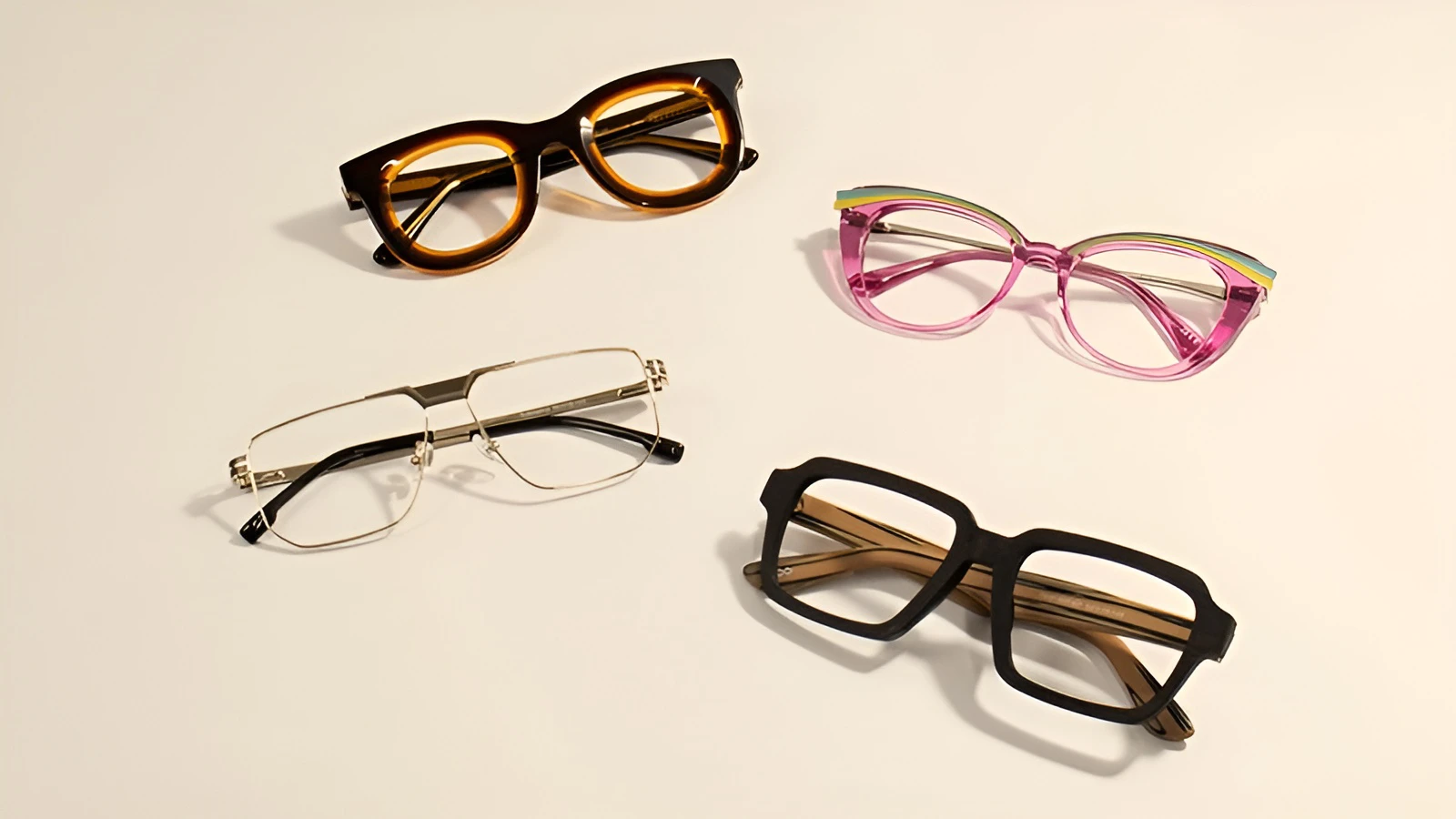
Here are some optical devices you can use when you have vision problems:
Corrective eyeglasses: If you experience blurry vision, then you might be advised to use eyeglasses that magnify up-close objects like reading or using a cell phone.
Prism glasses: These are great for problems like double vision or visual field loss, as they change the way light falls onto the eye.
Tinted lenses: Excessive glare can cause discomfort, and tinted lenses help in the same way. They will cut down the glare and excessive light coming to your eyes. Some people might get irritated by Fluorescent lights after a brain injury. Hence, it is advised to avoid excessive light sources, and tinted lenses will again be helpful in reducing the brightness of the light.
Concluding Thought
Traumatic brain injury can lead to various vision issues. Hence, it is advised to take breaks, use magnifying objects and use tinted lenses for comfort. If you are looking for tinted sunglasses, you can explore our range at Specscart. We offer premium quality tinted sunglasses with free accessories like a free hardshell vegan leather case, a designer microfibre cleaning cloth, cleaning solution, and a keychain screwdriver.
Caution: You may become style obsessed
Your way finder
2000+ Trendy Styles

Fashion Forward Sunnies




















